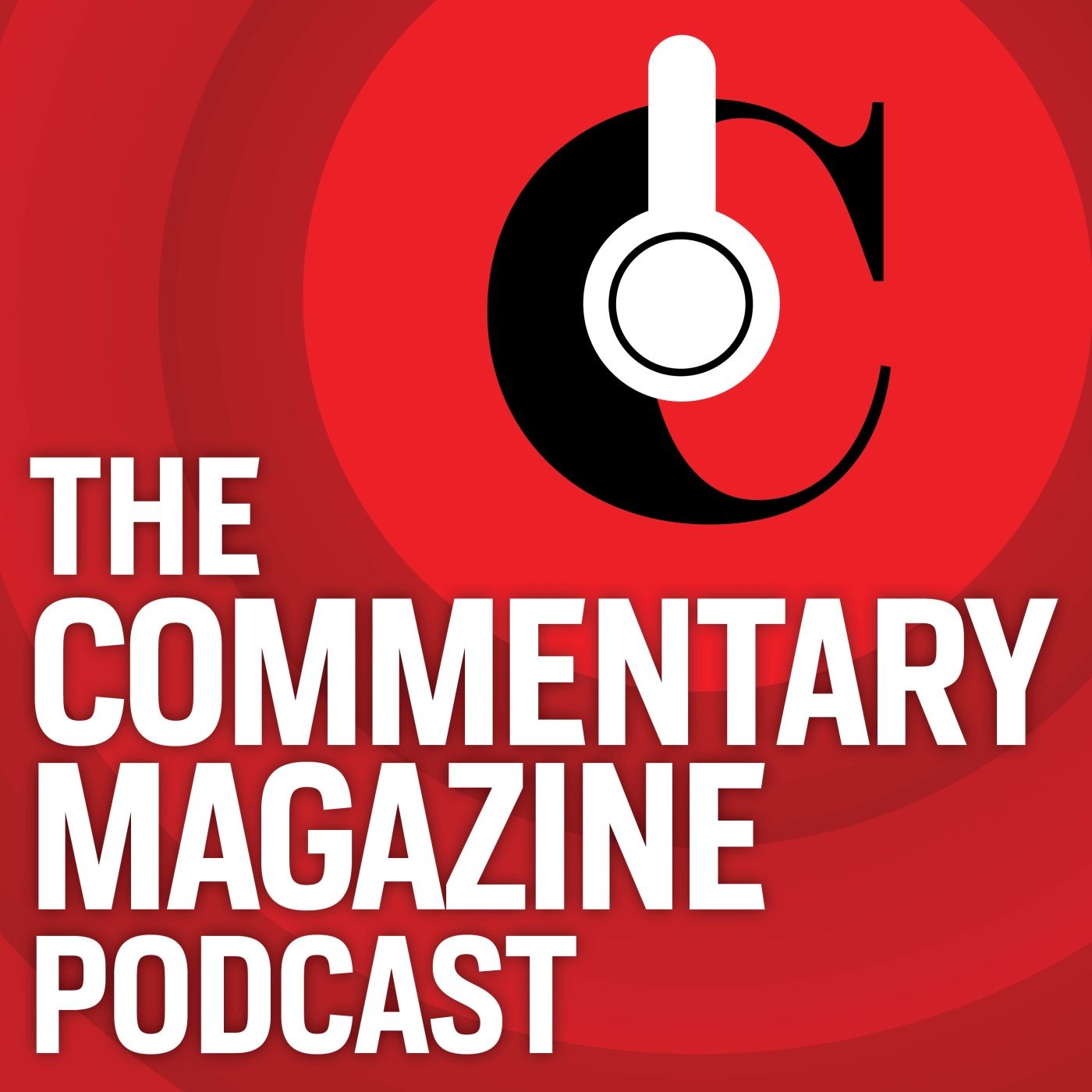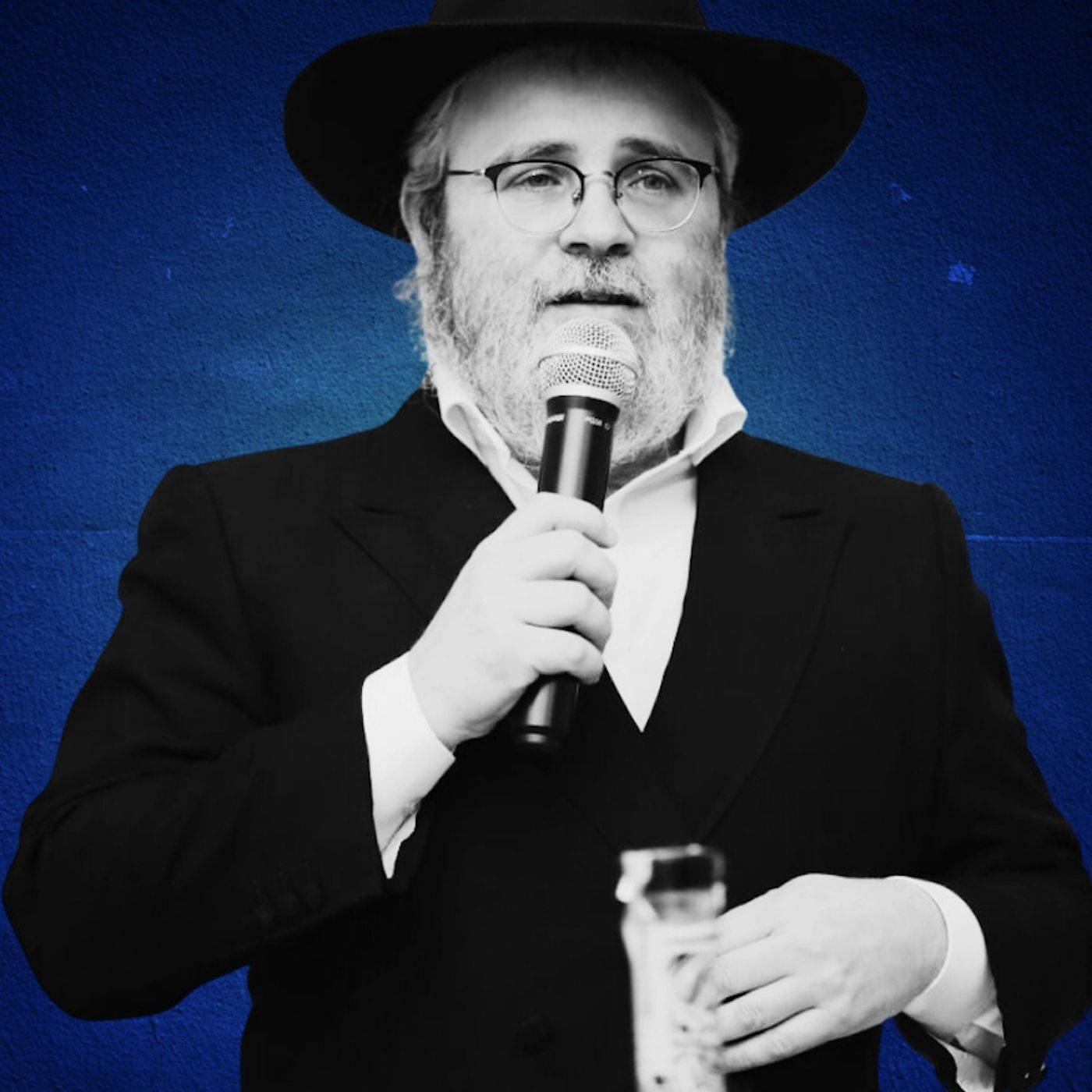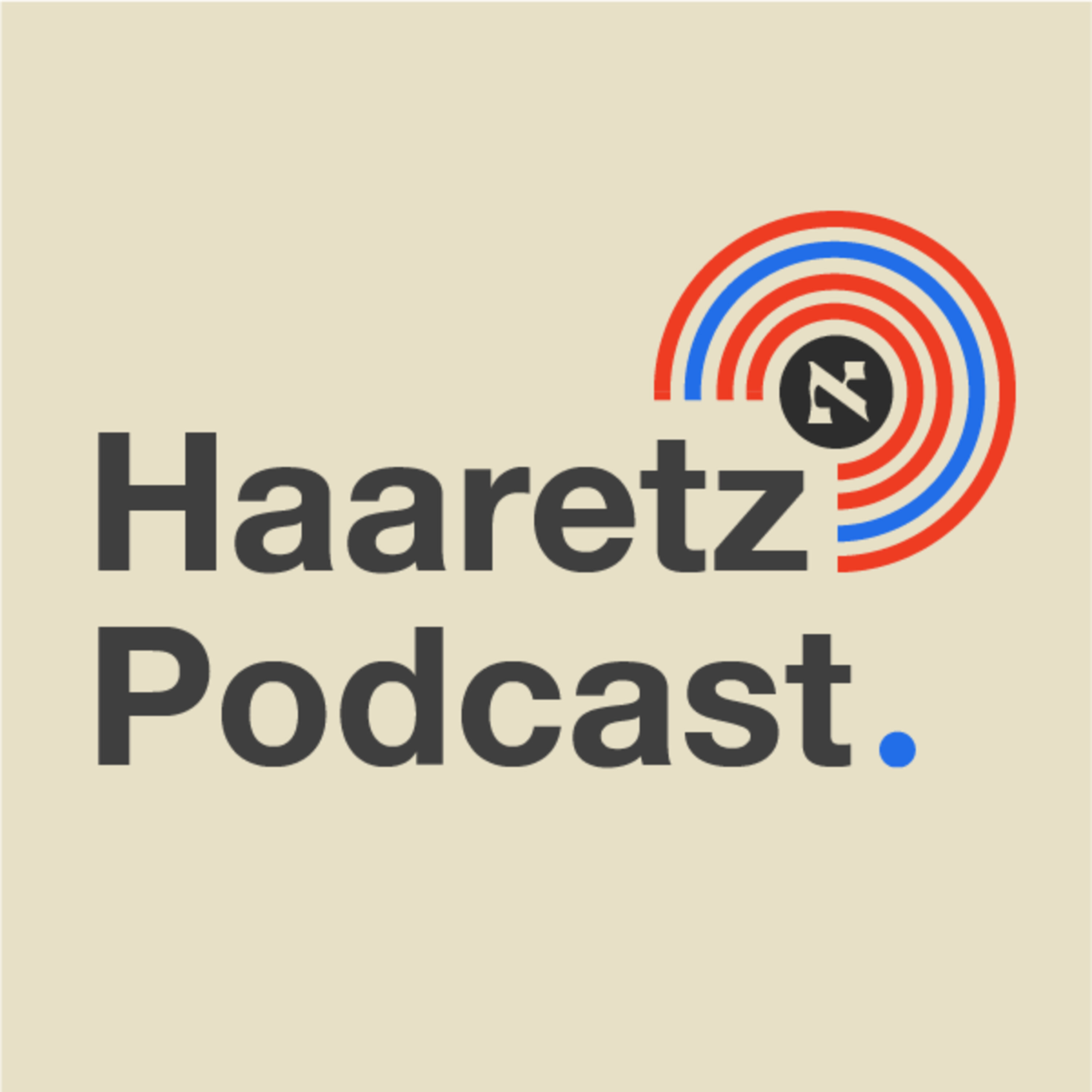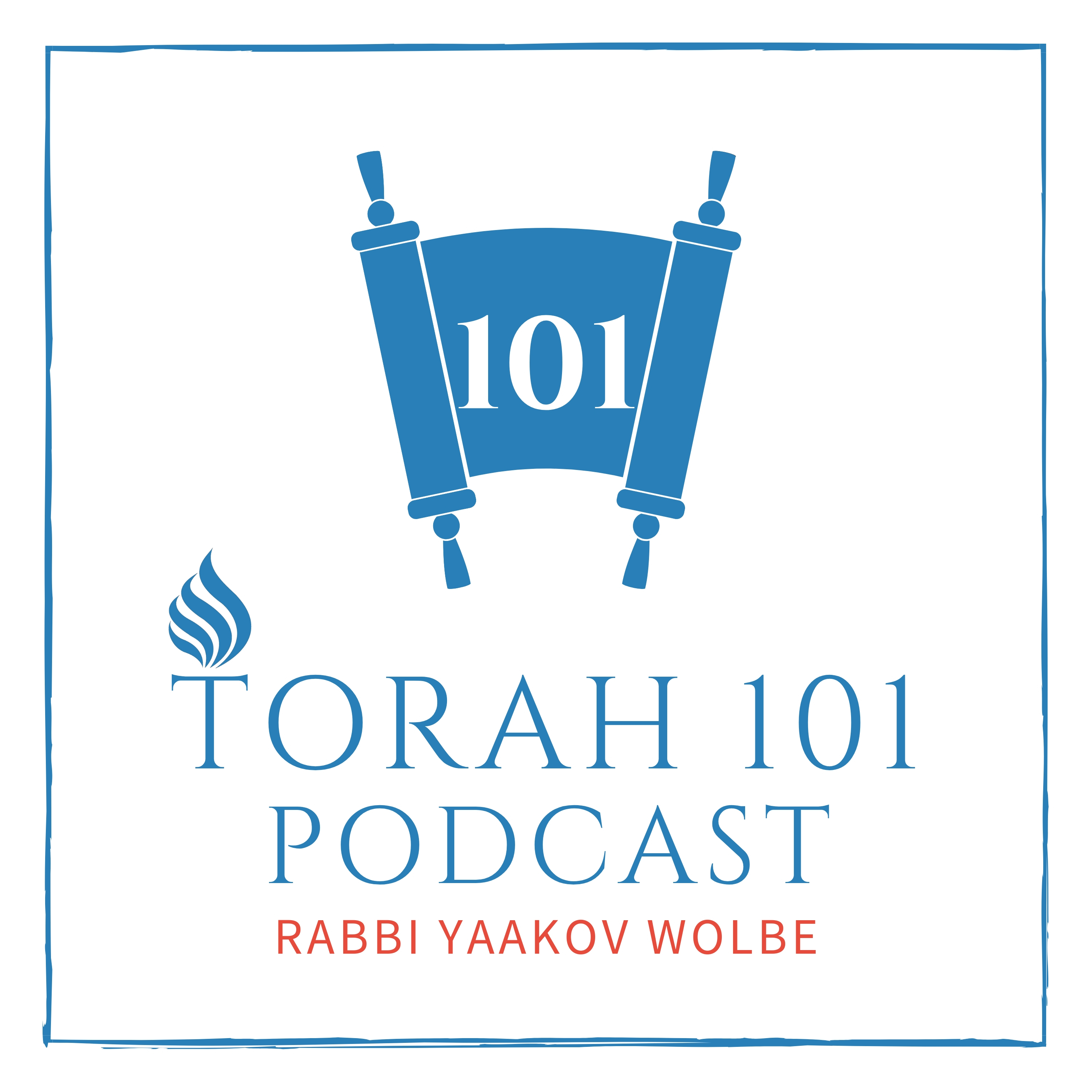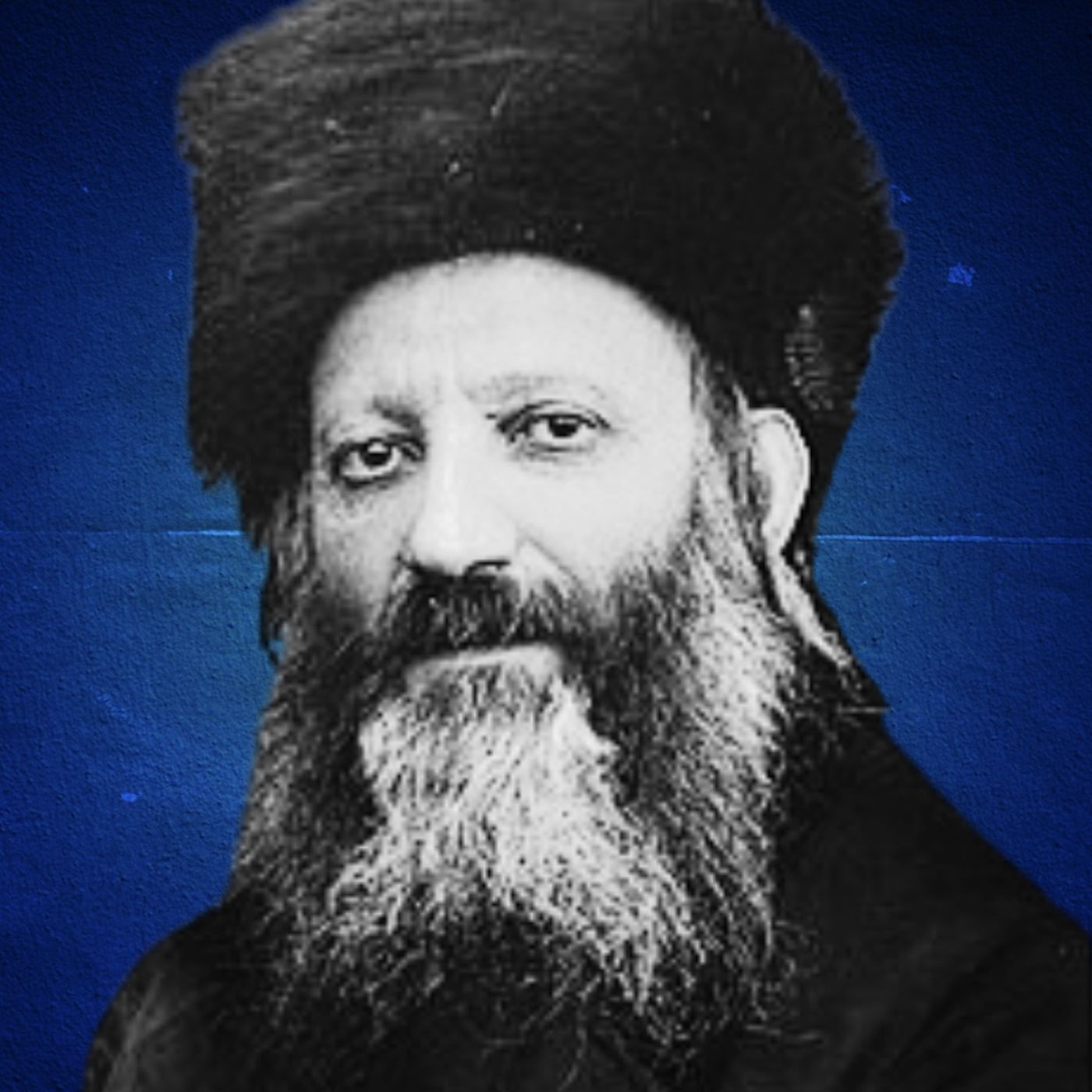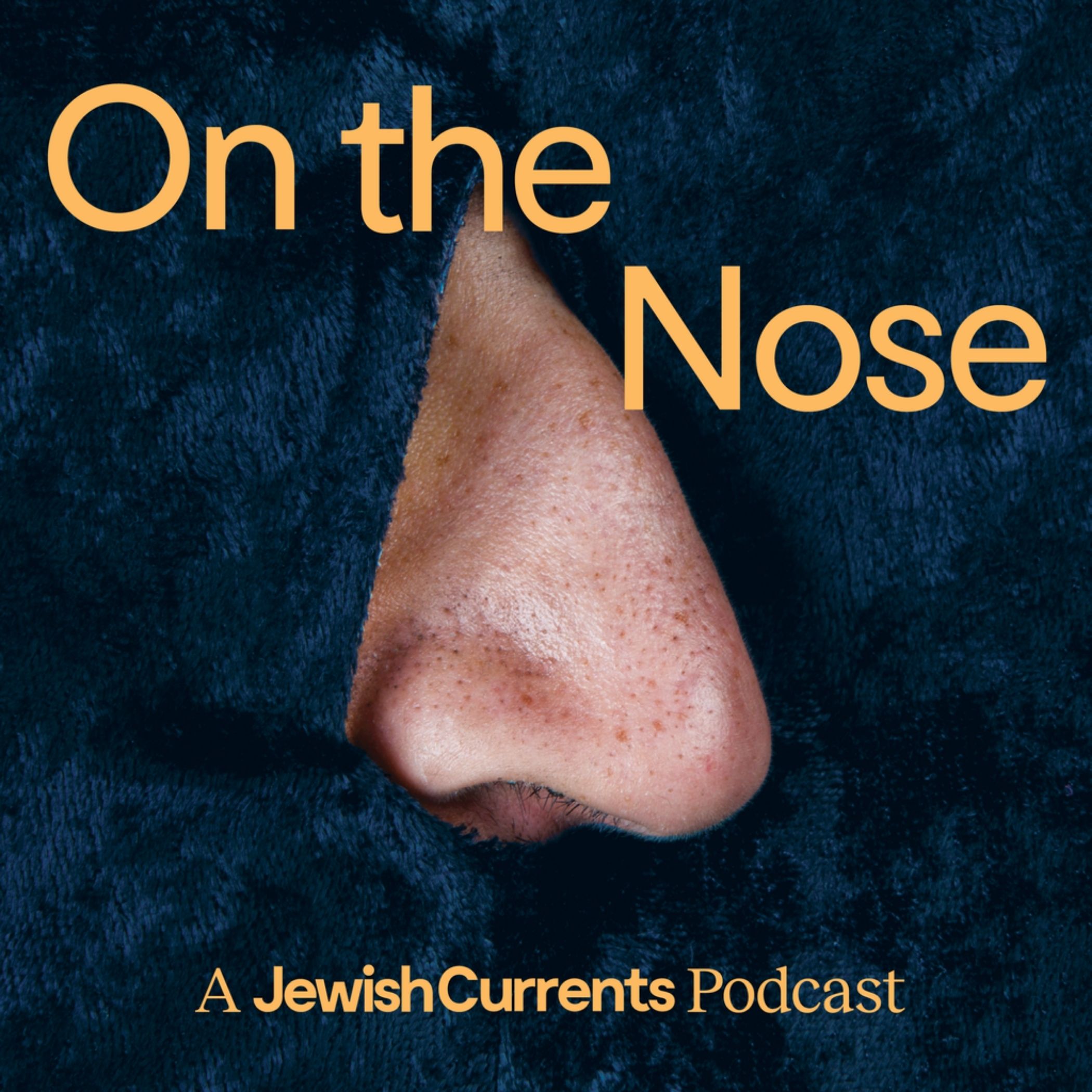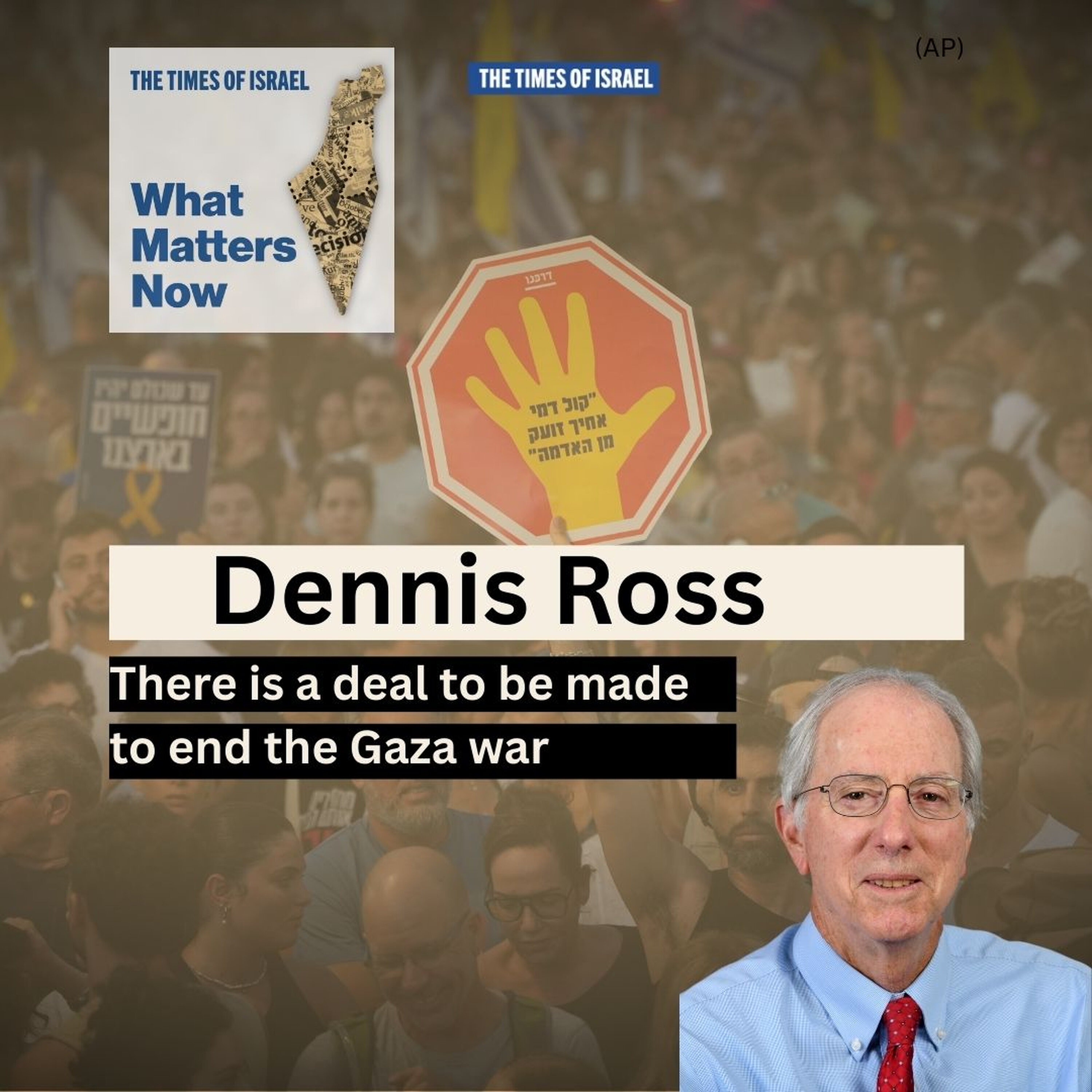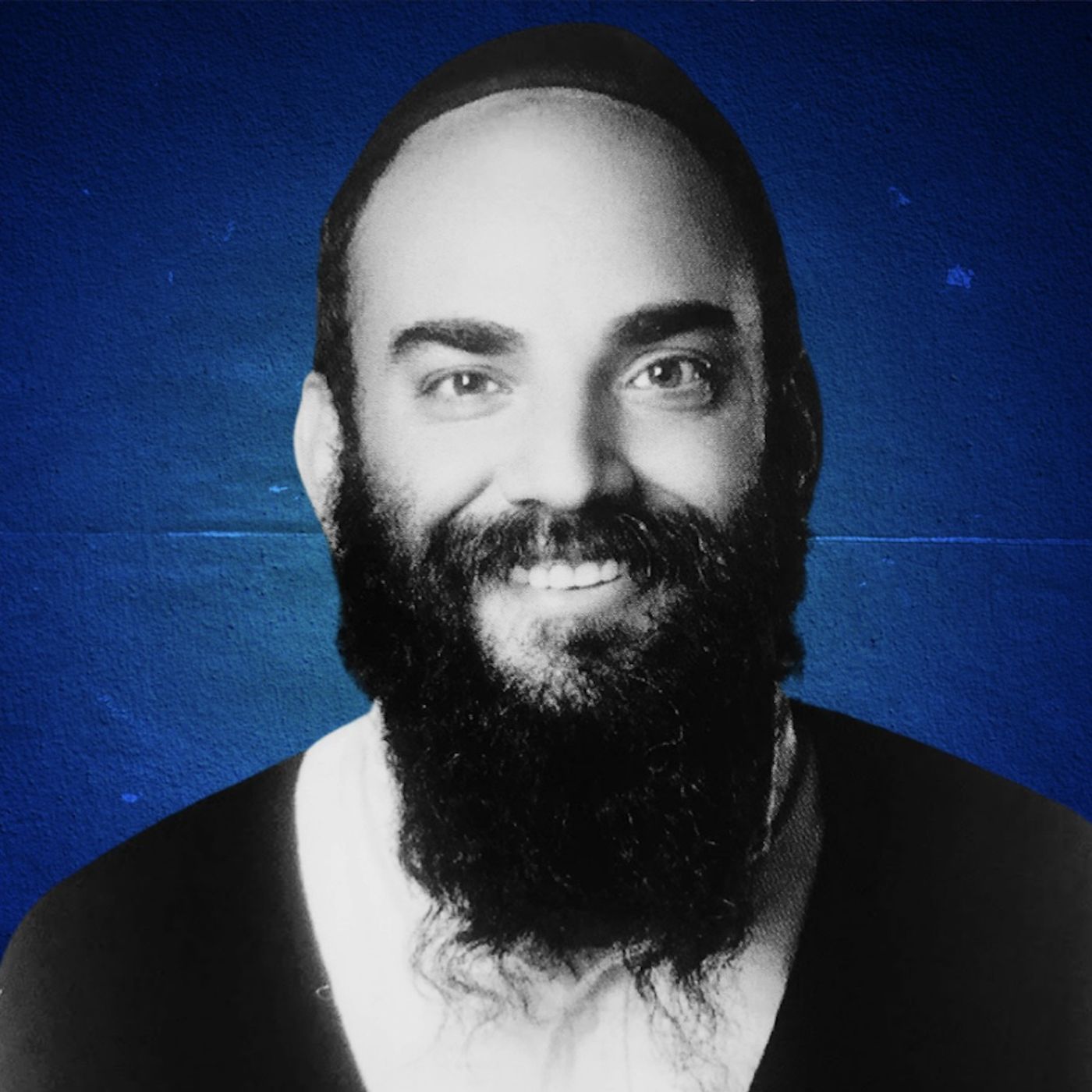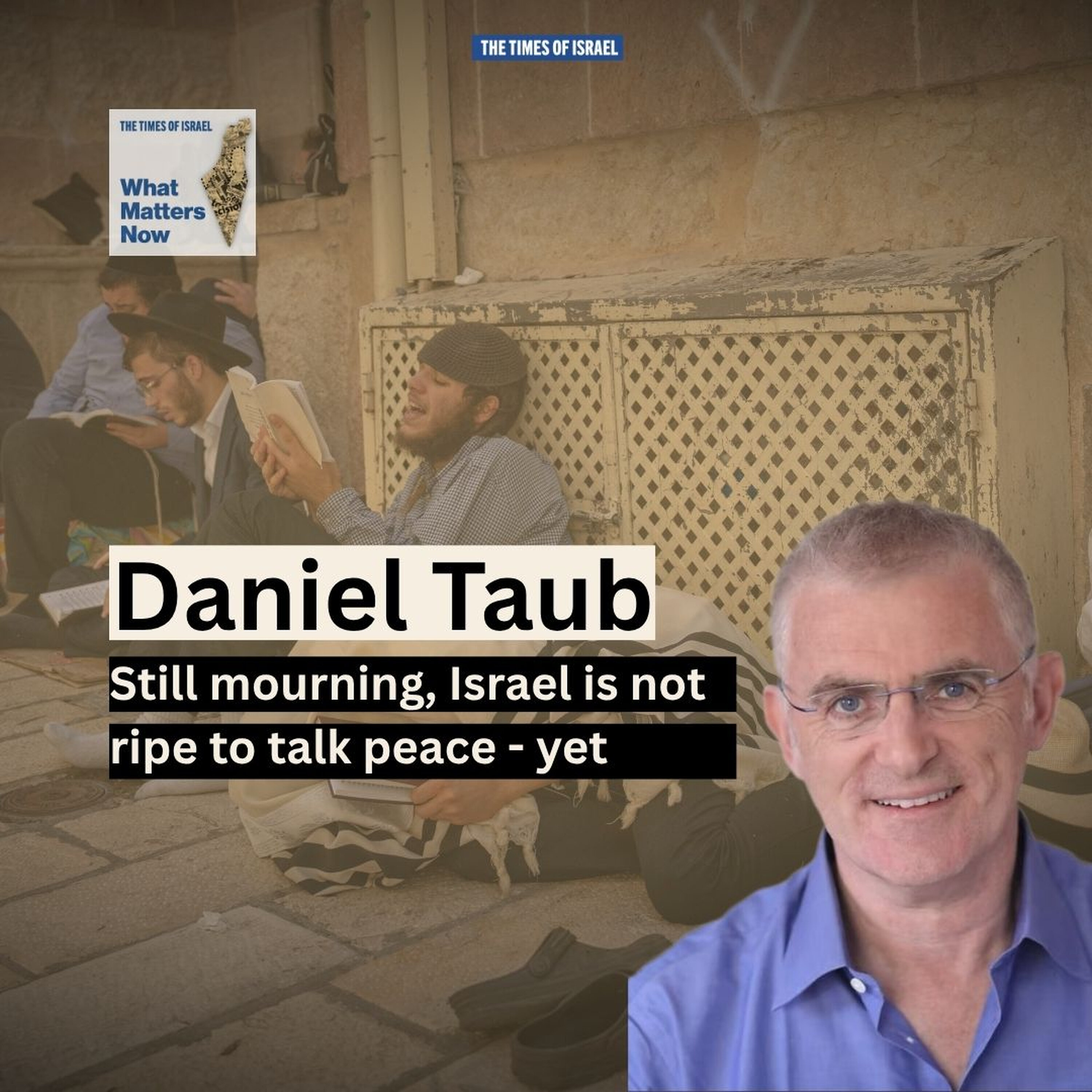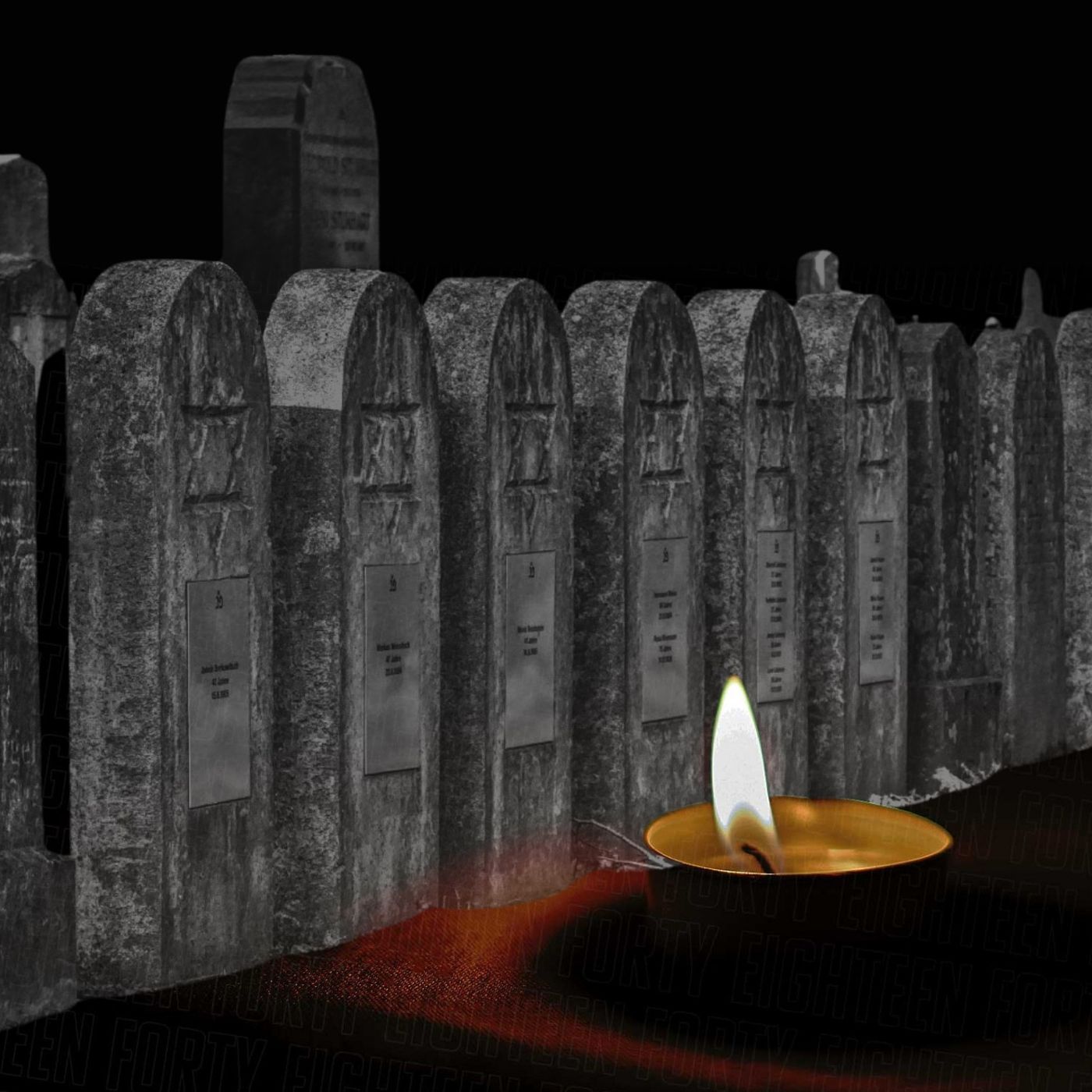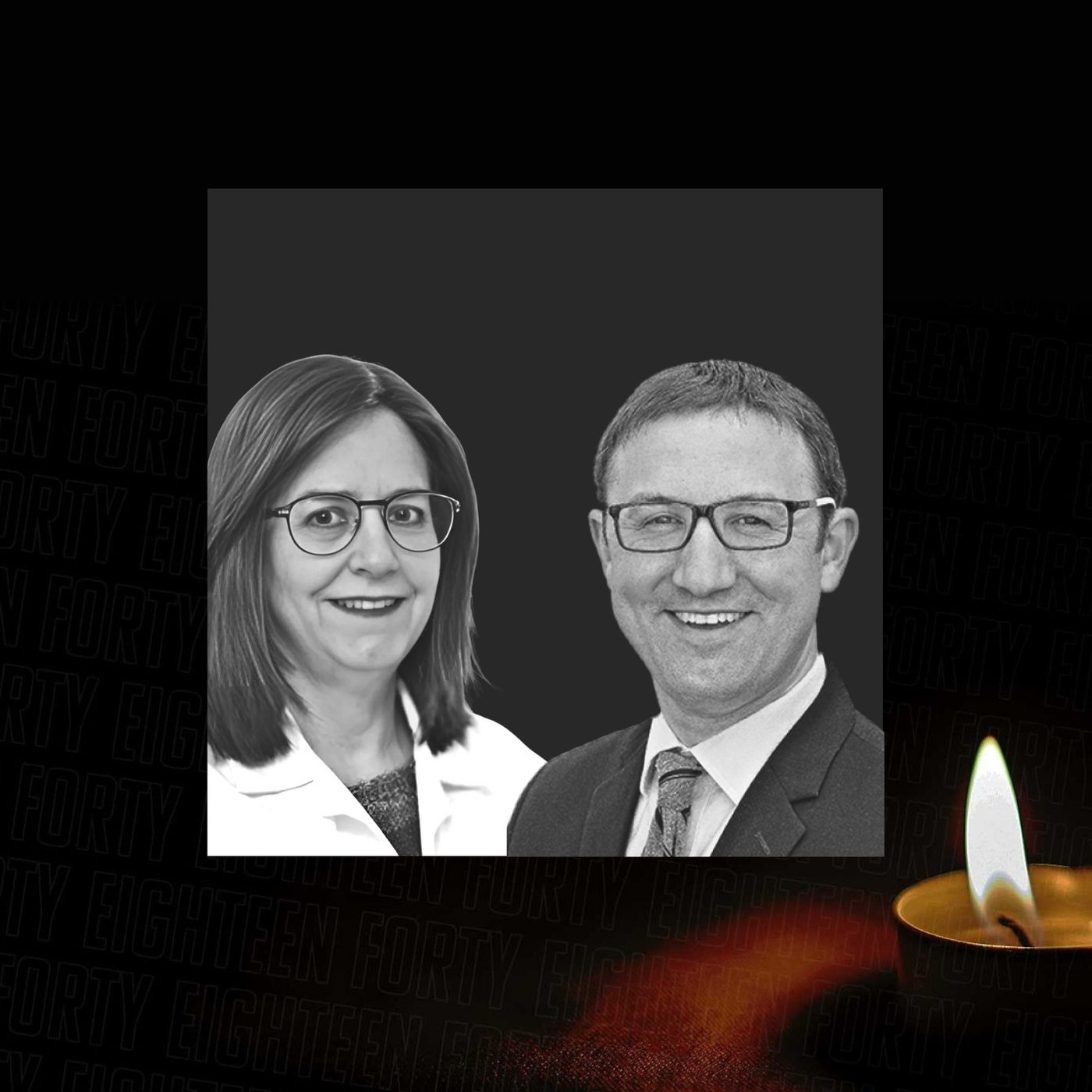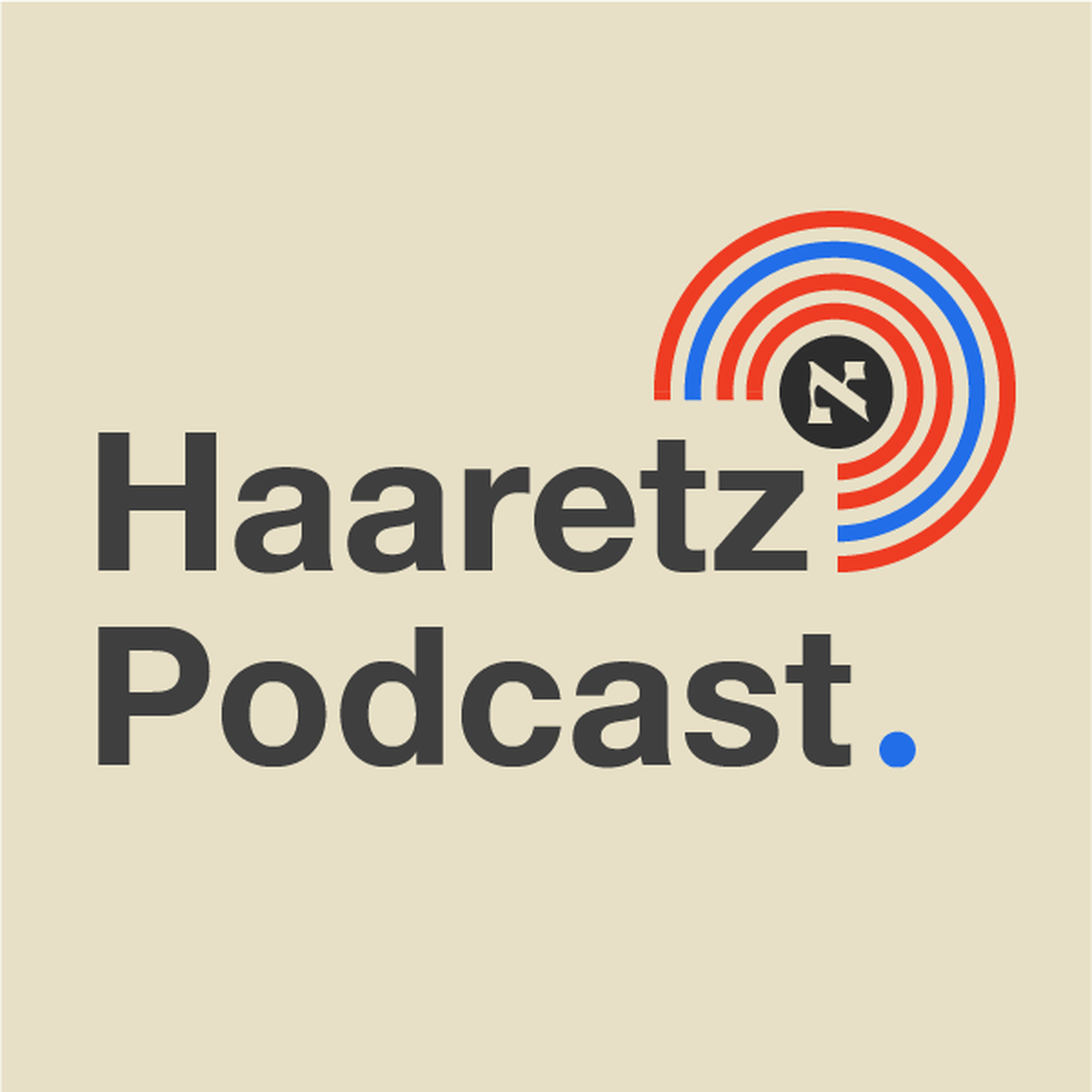8 Sep 2025
The Prohibition of Receiving Payment for Teaching Torah - Hakham Ratson Arussi (HEBREW)
Hakham Ratson Arussi discusses the prohibition of receiving monetary compensation for teaching Torah and its application in modern times, contrasting Maimonides' views with contemporary practices. He examines the justifications for paying Torah educators today while considering historical context and practical necessities.
5 Sep 2025
The RFK Craziness
The episode delves into the complexities of the current global military and political climate, focusing on Robert F. Kennedy Jr.'s controversial stance and actions regarding vaccines and the Department of Defense's proposed renaming. The discussion highlights the ongoing war in Gaza, emphasizing Israel's military strategy and the international response to the conflict.
4 Sep 2025
9/6/25 – Shiur 527 – Kosher Kitchen, Treif Business?
Esteemed guests discuss Jewish ethical principles in business, emphasizing the importance of Kiddush Hashem in avoiding dubious practices. The episode also explores practical ways to uphold Jewish values in potentially compromising situations, with different perspectives provided by notable leaders.
3 Sep 2025
DovBer Pinson: The Jewish People's Path of Teshuva [Teshuva 2/5]
Rabbi DovBer Pinson explores the concept of teshuva (repentance) by differentiating between "lower" and "higher" forms, urging Jews to focus on the root causes of misalignments and the current state of heightened anti-Semitism. He emphasizes the importance of unity among Jews and reconciling differences within the community while also exploring the collective identity and eternity of the Jewish people.
2 Sep 2025
'Astonishing backlash': Hear the Orthodox rabbi who spoke out against Gaza's famine and settler violence
Rabbi Yosef Blau, an 86-year-old retired leader within the modern Orthodox community, sparked intense debate by leading an open letter condemning Israel's role in Gaza's humanitarian crisis and settler violence. The letter, signed by over 80 Orthodox rabbis, signals a shift within religious Zionism and challenges the typical Orthodox support for Israeli government policies.
1 Sep 2025
#101: Third Order of Mishnah (Women)
This episode delves into the Third Order of the Mishnah, Nashim, which concerns laws relating to women, marriage, and vows, and includes discussions on levirate marriages, suspected adultery, and nazirite vows. The host provides a detailed overview of various tractates, exploring themes of marital contracts and the complexities of Talmudic law.
29 Aug 2025
8/30/25 – Shiur 526 – The “Epstein Files” – Do we have the right to know if someone is a threat to our community —whether a pedophile, abuser, or swindler?
The episode explores the delicate balance of protecting community safety while respecting individual rights, focusing on the implications of Jewish law (halacha) and secular law regarding publicizing information about potential threats. It discusses the controversial aspects of exposing allegations of abuse, the responsibility to protect victims, and the role of journalists and communal leaders in managing these issues.
26 Aug 2025
Rochi Ebner: Rav Kook's Return to Our Soul [Teshuva 1/5]
Rochi Ebner discusses the integration of Rav Kook's spirituality and teachings in contemporary Judaism, emphasizing personal and communal transformation in preparation for teshuva. Ebner stresses the importance of self-understanding and creative expression, inspired by Kook, to adapt to the evolving nature of Jewish life.
22 Aug 2025
8/23/25 – Shiur 525 – UnKosher Competition – The Four Halachic Red Lines in Business You Can’t Cross | Rabbi Berel Wein ZT”L – never published interview | The Headlines Quit Smoking Challenge
Renowned rabbis discuss the halachic concept of unfair business competition, highlighting the four red lines in business that cannot be crossed according to Jewish law. The episode examines intricate cases, including interference in transactions and poaching clients, and features a tribute to Rabbi Berel Wein's insightful teachings on living with ethical priorities.
21 Aug 2025
Familiar Touch and the Feminist Politics of Aging
Filmmaker Sarah Friedland and feminist scholar Lynne Segal explore aging through a feminist lens, inspired by the Jewish Communist community's concepts of care. They discuss the politics of aging, interdependence over self-sufficiency, and reflect on Jewish identity within the context of current global events.
20 Aug 2025
Between Trauma and Torah: Jewish Leadership after October 7
Donniel Hartman and Yehuda Kurtzer engage in a profound discussion on the challenges of Jewish leadership amidst the ongoing trauma from recent events, focusing on the importance of resilience and the need to sustain hope. They explore how North American Jews can navigate their loyalties and moral dilemmas regarding Israel during wartime while balancing their roles as educators and community leaders.
19 Aug 2025
What Matters Now to Dennis Ross: There is a deal to be made to end the Gaza war
Diplomat Dennis Ross explores the possibility of negotiations to end the Gaza conflict, emphasizing that both Palestinian and Israeli sides must focus on needs rather than wants. He also assesses the outcomes of international negotiations, including the Alaska summit's lack of tangible results, and the shifting multipolarity in global politics.
19 Aug 2025
Joey Rosenfeld: What Does Jewish Mysticism Say About This Moment? [Teshuva Bonus Episode]
Rabbi Joey Rosenfeld discusses the role of Jewish mysticism in navigating contemporary chaos by exploring the concepts of imperfection and yearning. He emphasizes that our spiritual work involves making peace within differentiation and that Judaism serves as a guardian of deficiency, leading us to find meaning in the fragmented moments of life.
14 Aug 2025
8/16/25 – Shiur 524 – Steal with a Click? The Halachic Ethics of Downloading Music, Seforim, and Media without authorization
The halachic perspective on intellectual property, particularly regarding music and media downloads, is explored through discussions with Rabbi Yosef Dovid Josilowsky and Rabbi Chaim Jachter. The episode considers various halachic viewpoints on whether digital media can be considered tangible property and how Jewish law relates to contemporary copyright issues.
14 Aug 2025
How can anyone be certain of anything happening in Israel?
The podcast episode discusses the complexities and challenges of understanding the Israel-Gaza conflict in the current media landscape, acknowledging the influence of biased reporting and the pervasive nature of differing narratives. The hosts express the difficulty of forming well-informed opinions about such matters due to the vast amount of unknown information and explore themes of Jewish identity and power with references to the week's Torah portion.
11 Aug 2025
#100: Second Order of Mishnah (Festivals)
Exploring the second order of the Mishnah, known as Moed, this episode offers an extensive overview of the 12 tractates that discuss the Jewish festivals and Shabbat. The host delves into the details of each tractate, explaining their significance and the intricate laws associated with each festival.
6 Aug 2025
Mikveh makeover: A U.S. charity helped build or renovate 10 ritual baths across Canada
U.S.-based Mikvah USA has funded the renovation and construction of ten mikvehs in Canada, significantly enhancing Jewish community life in these areas. Despite political tensions influencing consumer behavior, Canadian Jewish communities have embraced this American assistance, highlighting the central role of mikvehs in Jewish life and the collaboration across borders.
4 Aug 2025
8/9/25 – Shiur 523 – Tznius Standards: Clear Halacha or Personal Interpretation? What’s Required and Why It’s Being Ignored
The podcast episode explores the complexities of tznius (modesty) standards, discussing whether halachic guidelines are clear-cut or subject to personal interpretation. Various guests, including rabbis and a therapist, offer insights into challenges women face with modesty standards and how these can be taught effectively within the Jewish community.
1 Aug 2025
The Jewish Angle: Is it ‘lashon hara’ to make fun of the Coldplay Jumbotron couple?
Phoebe Maltz Bovy and Avi Finegold discuss whether discussing a viral affair caught at a Coldplay concert is lashon hara, the Jewish concept of harmful gossip. They also explore contemporary social and ethical issues like the potential power dynamics within the affair, comparing modern reactions to historical and cultural Jewish teachings.
30 Jul 2025
Tariffs & Taxes & Growth—Oh My
The podcast delves into the interplay between recent U.S. GDP growth rates, tariffs, and the broader Trump administration economic strategy, led by contrasting visions of people like Peter Navarro and Scott Besson. Additionally, the episode addresses media missteps, spotlighting the New York Times's incorrect use of imagery in its Gaza coverage, which impacts public perception of the Israeli-Palestinian conflict.
30 Jul 2025
What Matters Now to Daniel Taub: Still mourning, Israel is not ripe to talk peace - yet
Daniel Taub discusses how Israeli society is not ready for peace negotiations due to ongoing mourning and internal divisions, notably around the universal draft. He draws on Talmudic principles of constructive disagreement, highlighting their potential for improving discussions and relationships within and beyond the Jewish community.
25 Jul 2025
Tal Fortgang and David E. Bernstein on Defending Jewish Civil Right on Campus: How the government can fight anti-Semitism effectively and legally
Columbia University recently agreed to a $200 million settlement with the Trump administration, marking significant governmental action against antisemitism on campus. The episode explores the legal avenues available to ensure Jewish civil rights are protected at universities without infringing on free speech or academic freedom.
25 Jul 2025
7/26/25 – Shiur 522 – Smoking and vaping – Is there any heter? What do smokers rely on?
Contemporary Jewish halachic perspectives strongly discourage smoking and vaping due to significant health risks, though earlier authorities like Rabbi Moshe Feinstein once offered limited allowances based on available medical knowledge at the time. Medical experts like Rabbi Dr. Aaron Glatt highlight that while the dangers of smoking are well-documented, emerging evidence suggests serious risks with vaping as well, both for users and those exposed to secondhand emissions.
24 Jul 2025
Brave Jew World: The future of Judaism and AI, feat. David Zvi Kalman
David Zvi Kalman discusses the potential transformation of Jewish life through artificial intelligence, emphasizing that AI's unique ability to mimic human behavior may fundamentally impact religious practices and rabbinical roles. He distinguishes AI from previous technologies by highlighting its unprecedented speed, transformative capabilities, and the moral challenges it presents for Jewish leaders.
24 Jul 2025
Conspiracies Left and Right
The episode delves into ongoing political turmoil as the Trump administration accuses former President Obama of orchestrating a conspiracy during the 2016 election, while Tulsi Gabbard declassifies documents suggesting former officials manipulated intelligence for political ends. The discussion also touches on the implications of Columbia University reaching a substantial settlement to address allegations of anti-Semitism, illustrating a broader climate of political and institutional conflict.
22 Jul 2025
Elissa Felder & Sonia Hoffman: How the Jewish Burial Society Cares for the Dead [Loss 2/3]
Author Elissa Felder and her daughter Sonia Hoffman explore their involvement in the Jewish burial society, or chevra kadisha, framing it as a profound spiritual and communal experience. Their discussion highlights how engagement with death and burial customs can offer comfort and continuity between the living and their loved ones who have passed.
21 Jul 2025
#99: First Order of Mishnah (Planting)
Rabbi Moshe ben Maimon's introduction to the Mishnah serves as a detailed guide to the structuring and categorization of Jewish oral laws. The episode explores the reasoning behind the organization of the Mishnah into six orders, with particular focus on the first order, Zeroyim, which pertains to agricultural laws.
18 Jul 2025
Rabbi J.J. Schacter on the Jewish Meaning of Memory: What does it mean to remember the destruction of the Temples?
Rabbi Jacob J. Schacter explores the concept of collective memory in Judaism, probing how Jews remember events they did not directly experience, such as the destruction of the Temples. This episode focuses on the Jewish ritual of commemorative fasting during the Three Weeks period and introduces the idea of national memory as a foundation for Jewish identity.
17 Jul 2025
7/19/25 – Shiur 521 – Jew vs. Jew: The Housing Fight Tearing Rockland Apart
The episode delves into the complex situation in Rockland County where the Hasidic Skver community is allegedly purchasing properties to prevent non-community members from moving nearby. Rabbi Shlomo Perlstein and Rabbi Elie Moskowitz discuss the halachic and social ramifications, emphasizing issues of communal living, the legality of property purchases, and the ethical responsibilities of Jewish communities to maintain their cultural and spiritual sanctity.
15 Jul 2025
Shlomo Brody & Beth Popp: Demystifying Death and the End of Life [Loss 1/3]
Rabbi Shlomo Brody and Dr. Beth Popp explore the complexities of end-of-life considerations, focusing on the intersection of Jewish law and modern medical ethics. They discuss halachic perspectives on defining death, the importance of discussing mortality, and planning for end-of-life decisions with a focus on personal values and religious beliefs.
14 Jul 2025
The U.S. and Canada are running out of Reform rabbis. Look who's taking their place
A growing influx of Israeli-born Reform and Conservative rabbis is addressing a critical clergy shortage in North American synagogues. These rabbis find improved working conditions and a respect that contrasts with the legitimacy struggles they face in Israel, while offering North American congregations a direct connection to Israel amidst current geopolitical events.
11 Jul 2025
7/12/25 – Shiur 520 – When is competition allowed and when does it violate “Hasagas Gevul”?
The episode explores the Halachic implications of business competition and the concept of Hasagas Gevul, which traditionally prohibits unfair encroachment on another's livelihood. Various Rabbis analyze how these principles apply in modern contexts, such as in large cities or when a new competitor might potentially harm an existing business.
10 Jul 2025
Small-tent Judaism: The way of the future?
Rabbi Ari Witkin argues against an overly inclusive Jewish engagement approach, suggesting that liberal Judaism's focus on accessibility has resulted in a loss of depth and Jewish literacy. The episode also touches on the historical and contemporary Jewish perspectives on horoscopes, showing the diverse views within Judaism on this topic.
7 Jul 2025
'Hope is a political choice': MK Gilad Kariv on the fight for democracy and Reform Judaism in Netanyahu’s wartime Israel
In the episode, MK Gilad Kariv discusses the growing influence of religious extremism in Israel's Likud party and the broader threat this poses to democracy. He criticizes Prime Minister Netanyahu for prioritizing political survival over principles and emphasizes the significant role of public protests in maintaining democratic checks against the government's agenda.
7 Jul 2025
#98: Components of Oral Torah
The episode delves into Rambam's introduction to the Mishnah, detailing the five components of Oral Torah, elucidating the distinction between Halacha L'Moshe Misinai and other laws derived from the written Torah. By tracing the history and evolution of these components from Moshe to Rabbi Judah the Prince, the episode highlights the role of disputes in Talmudic studies and addresses misconceptions about these disagreements.
3 Jul 2025
Yuval Levin on American Renewal
Yuval Levin explores the concept of cultural renewal through the biblical story of Nehemiah, highlighting the dual responsibilities of rebuilding and defending cultural and institutional foundations. He argues that to preserve and renew American Jewish life, individuals must actively engage in cultural construction while also confronting adversaries to traditional values.
3 Jul 2025
Authorship of Yeshaya
Rabbi Arnie Wittenstein delves into the authorship of the Book of Isaiah, exploring why the topics in the second part differ from the first. He also comments on the historical complexity and modern relevance of such prophetic texts, as well as contemporary challenges to Jewish faith during times of conflict.
2 Jul 2025
Gaza Ceasefire and Supreme Courtapalooza
The episode discusses recent developments in the proposal for a Gaza ceasefire, the extent of anti-Semitism in American academia, and significant Supreme Court decisions on religious liberty in schools and nationwide injunctions. Experts analyze the implications of these cases for US governance and individual liberties, marking a shift in judicial perspectives on executive orders and educational content restrictions.
30 Jun 2025
Q&A with Rabbi Dweck - June 2025
Rabbi Joseph Dweck addresses various questions from the Jewish community during a Q&A session, touching on topics like engaging with Haredim, understanding mitzvot, and the dynamics of Torah study. He emphasizes the importance of personalizing religious conversations and the interplay between Torah and morality.
26 Jun 2025
6/28/25 – Shiur 518 – Into the Danger Zone? The risks of being in Israel during a time of war. When is risk-taking permitted?
This episode explores the halachic considerations and practical challenges of being in Israel during wartime, including the obligations and exceptions related to personal safety and risk-taking. Experts discuss the importance of adapting buildings and behavior to ensure safety, while navigating the ethical and religious imperatives involved in making these life-and-death decisions.

